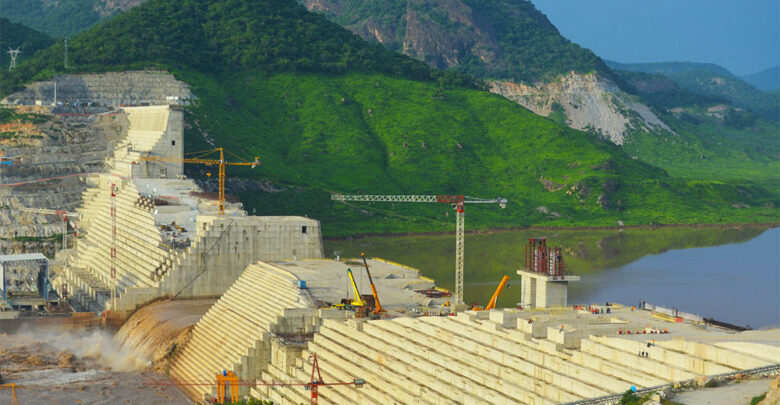
Sudan on Monday called for adopting a new approach to negotiations over the Grand Ethiopian Renaissance Dam (GERD) on the Nile River after 200 ineffective days of talks in the previous rounds, reported Egypt Today.
“The previous rounds, under the patronage of the African Union chaired by South Africa, were ineffective and wasted 200 days in the negotiations, which resulted in a retreat from what had been achieved and agreed upon in the earlier rounds,” Sudan’s Foreign Minister Mariam Al-Sadiq Al-Mahdi said.
She said the Sudanese government wants a change in approach to avoid the negative aspects of the previous round of talks as well as wants the African Union to continue leading the mediations to overcome the stalled talks.
The Sudanese Foreign Minister also discussed her country’s vision for future negotiations, suggesting a ‘1 + 3 formula’, consisting of the AU along with the United Nations, the European Union, and the United States of America.
She said Sudan continues to reject any unilateral filling of the GERD in the future as a dispute over resources is undesirable for Africa. She called for innovative solutions to avoid useless conflicts.
Sudan had previously proposed the Quartet mediation to reach a fair and binding agreement for the filling and operation of the GERD, but Ethiopia rejected it straightaway.
In February, Ethiopia said it would carry on with the second-phase 13.5-billion-cubic-meter filling of the GERD in June, despite lack of accord with Egypt, Sudan.
Last year, the Ethiopian government carried out the first phase of the filling process of the dam with 4.9 billion cubic meters.
Ethiopia started the construction of the GERD in 2011. The Ethiopian government claims the dam project will produce more than 6,000 megawatts of electricity on completion, which will help in the development of the country. Egypt and Sudan that rely on the Nile River for their freshwater supply are concerned that the dam might affect their share of the water resources.






